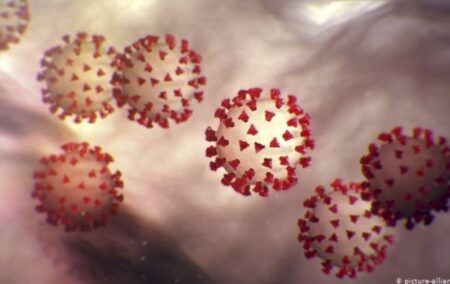On 22 December a medical preprint was issued identifying the South African Variant of Covid-19. The team of 47 scientists identified and described “a new SARS-CoV-2 lineage” characterized by eight “lineage-defining” mutations in the spike protein, most notably E484K and 501Y, the latter mutation being shared with the British variant.
The team, lead by Professor Tulio de Oliveira, named the South African variant “501Y.V2”, since it has the 501Y mutation in common with the UK, but is “version 2” since it has many more mutations on top of that. Despite this official name many took to calling it the “South African variant” or “South African strain”.
The team of scientists who identified the mutation avoided calling the variant by the country’s name “at the request of South Africa’s president and health minister”, de Oliveira told Nature, a topic research publication. “The nomenclature is a bloody mess at the moment” de Oliveira added, since the scientific community has not agreed upon a better system than naming by geography.
Nomenclature that has a geographical component was relatively uncontroversial until as recently as 2012 when MERS, Middle East Respiratory Syndrome, another coronavirus, otherwise known as camel flu, emerged.
But when SARS-CoV-2 was described as Wuhan Virus, or China Virus, this was denounced as racist.
“As vice chair of diversity, equity, and inclusion for pediatrics at Yale School of Medicine, I feel compelled to speak out” Marietta Vasquez wrote in the Yale School of Medicine publication. Vasquez said using geographical linked nomenclature creates a “stigma” that “can keep people from getting care they may desperately need to get better and prevent others from getting sick.”
Furthermore, Vasquez claimed that “This type of discrimination may also put their mental health at risk.”
To date there is no evidence of anyone failing to get treatment for the South African strain because of its name. Nor is there any evidence of people loosing their mental health because others refer to the “South African strain” rather than “501Y.V2” to describe the mutation that likely emerged in and was identified in South Africa.
The scientific paper identifying the South African strain claims this “lineage emerged in South Africa after the first epidemic wave in a severely affected metropolitan area, Nelson Mandela Bay, located on the coast of the Eastern Cape Province” so it might also be called the Eastern Cape variant or the Nelson Mandela Bay variant.

